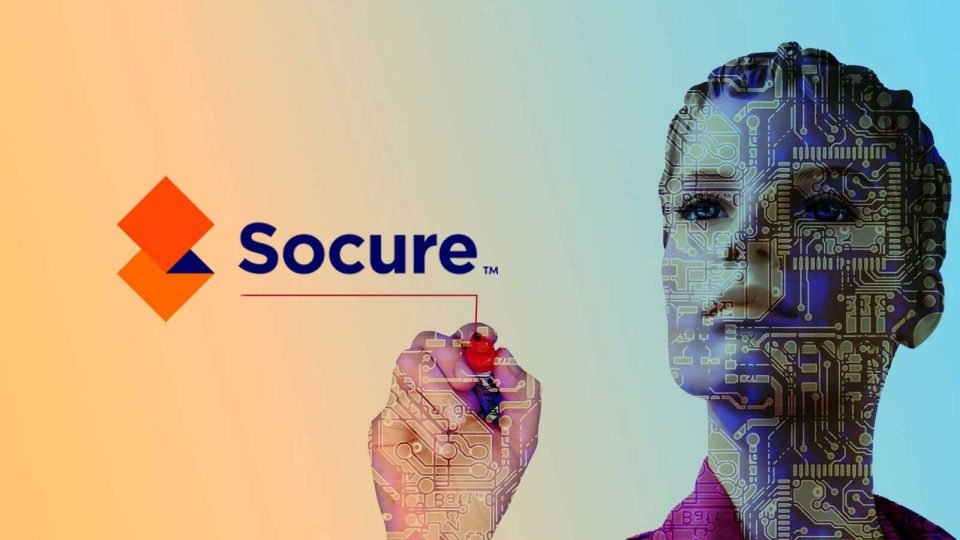Socure to support the state of Texas with digital identity verification services
Socure, the leading provider of Artificial Intelligence for digital identity verification, sanction screening and fraud prevention, announced its Socure ID+ Platform has achieved authorization from the Texas Risk and Authorization Management Program (TX-RAMP).
Read More : Kubecost Introduces Kubecost 2.0 for Advanced K8 Cost Management
The certification comes as Socure begins work as an identity trust provider for the state of Texas, helping them quickly and easily deliver services while preventing fraud. The goal is to modernize the digital identity infrastructure of the nation’s second most populous state.
“This certification means that state agencies in Texas can now use Socure’s ID+ platform to deliver accurate and inclusive digital identity verification for people accessing vital government services,” said Matt Thompson, Senior Vice President and General Manager, Public Sector at Socure. “Socure is now fully authorized under both StateRAMP and TX-RAMP, and is well on our way to reaching full approval at the federal level through our progress toward FedRAMP Moderate authorization. We look forward to partnering with state agencies in Texas to safeguard identities and prevent fraud using Socure’s advanced AI technologies.”
Socure provides advanced technology solutions that meet the highest level of data security standards to public sector agencies working to modernize the nation’s digital identity infrastructure. The Socure ID+ Platform combines AI and machine-learning techniques to enable a frictionless online customer experience for identity verification while reducing costs and preventing fraud. The platform reduces the need for manual reviews and helps federal and state governments reach segments of the population currently underserved by legacy approaches.
Socure’s ID+ Platform offers public sector agencies:
- Auto-approval of more eligible individuals (98% for mainstream populations, and up to 94% for hard-to-identify populations including Gen Z, millennial, and new-to-country individuals).
- More effective fraud prevention, capturing 90% of third-party identity fraud in the riskiest 3% of users.
- Reduction of manual reviews with fully automated identity verification and fraud prevention, with a response in milliseconds.
- An automated document verification predictive analytics platform to process identity verification for the 2% of people who don’t verify automatically.
Recommended: CIO Influence Interview with Herb Kelsey, Federal CTO at Dell Technologies
In 2021, Texas passed Senate Bill 475 which requires state agencies to implement stricter data management, security, and data governance processes. TX-RAMP, spearheaded by the Department of Information Resources (DIR), provides a standardized approach to assessing, certifying, and monitoring cloud service providers that process state agency data.
Socure recently received StateRAMP authorization and has made significant progress at the federal level. The company is working toward full FedRAMP Moderate authorization and anticipates reaching this milestone in 2024. All three programs – TX-RAMP, StateRAMP, and FedRAMP –- aim to increase the adoption of innovative cloud services that meet NIST 800-53 security and privacy standards. Authorized vendors are subject to continuous monitoring to ensure up-to-date compliance.
Recommended: 10 Data Center Trends to Watch in 2024
[To share your insights with us as part of editorial or sponsored content, please write to sghosh@martechseries.com]


